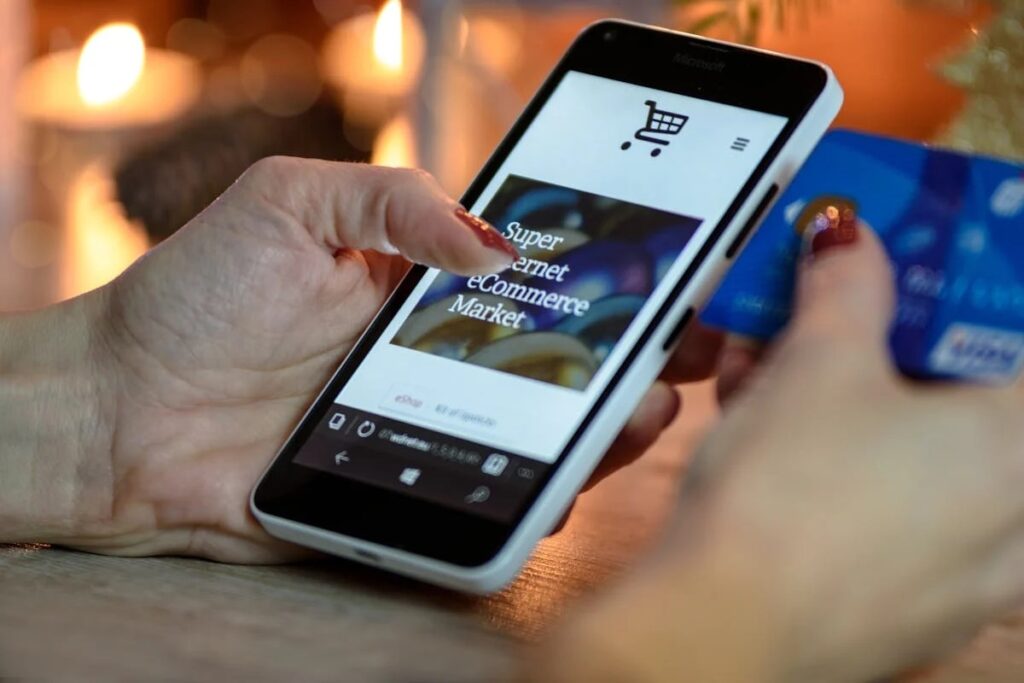
Walk into any shopping mall, fast-food restaurant, or social media platform, and you’ll see the same expression on people’s faces—a vacant, almost trance-like engagement with whatever they’re consuming. They scroll, they chew, they swipe their credit cards, all in a loop that feels automatic. It’s not hunger, not necessity, and often not even genuine enjoyment that drives these behaviors. It’s something else—something deeper and harder to name.
Consumption has become an addiction, but not in the way we typically understand addiction. It’s not about physical dependence, at least not entirely. It’s about filling an emptiness most people struggle to articulate. Every unnecessary purchase, every binge-watched series, every compulsive reach for the phone is an attempt to silence something lurking beneath the surface. But silence what, exactly?
At some point, modern life became more about distraction than living. Instead of confronting loneliness, we scroll through feeds that make us feel even more isolated. Instead of working through discomfort, we chase momentary pleasure—buying things we don’t need, eating food that isn’t nourishing, absorbing content that evaporates from our minds the moment it ends. The result is an entire society avoiding itself, constantly running toward the next thing to consume, terrified of the quiet that might force introspection.
This isn’t an accident. A distracted population is an easy one to manage. Anxious, overstimulated people buy more, work more, and question less. They don’t push back against a system that thrives on their exhaustion. Instead, they seek comfort in the very things designed to keep them unfulfilled. The economy depends on this cycle—people must always feel like they need more, or the whole thing falls apart.
But there’s a cost to living this way, and it’s not just financial. The more we consume, the less we engage with reality. Relationships suffer when conversation is replaced by screens. Health declines when convenience takes priority over nourishment. Minds atrophy when constantly stimulated but rarely challenged. And most of all, the sense of self—the core of who we are—deteriorates when buried under a pile of distractions.
Breaking free from this cycle isn’t easy. It requires learning to sit with discomfort instead of running from it. It means asking difficult questions: What am I trying to avoid? What do I actually want? Who am I beyond what I own, watch, or eat? These are unsettling thoughts for a reason—because once you ask them, you can’t go back to pretending the latest purchase, meal, or trend will make you whole.
But the truth is, the thing we’re searching for isn’t for sale. It never was.
Maybe it’s time to stop running. Maybe it’s time to step off the treadmill of consumption and start doing the harder, more meaningful work of getting to know ourselves—and each other.
Because the world doesn’t need more consumers. It needs people who are awake.
Join us in making the world a better place – you’ll be glad that you did. Cheers friends.